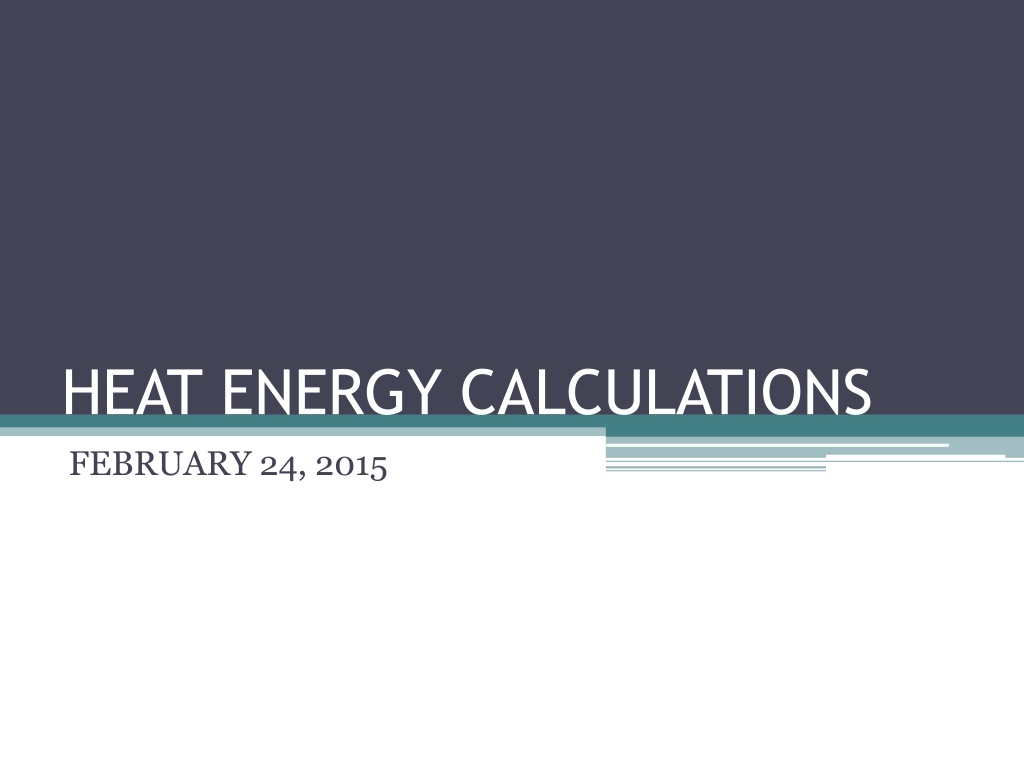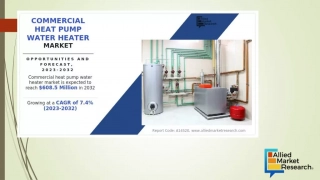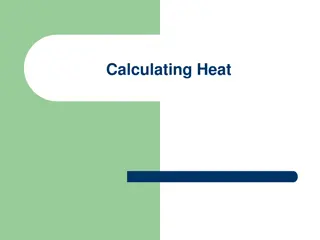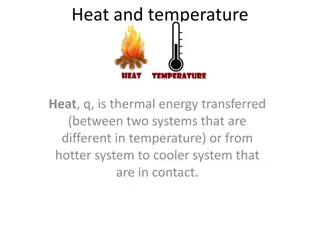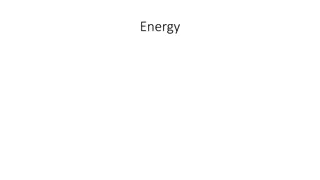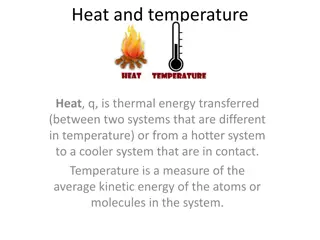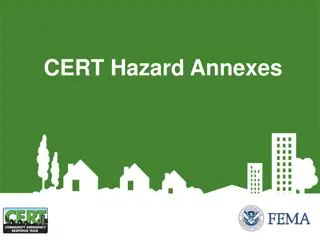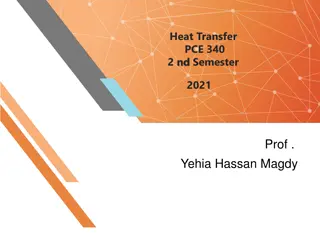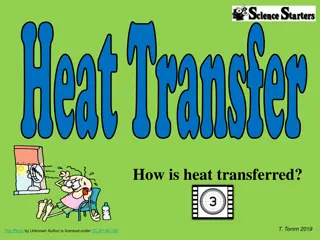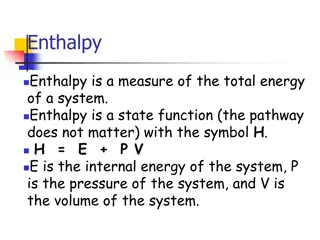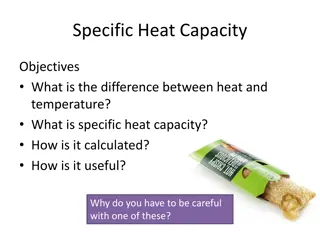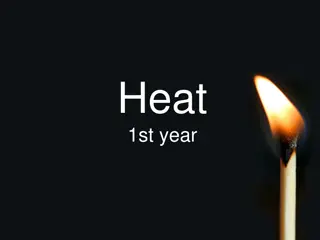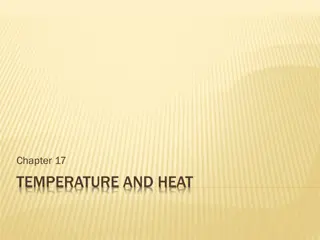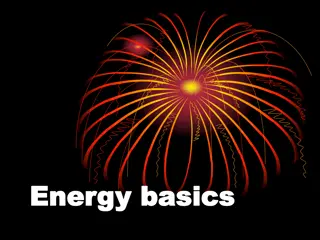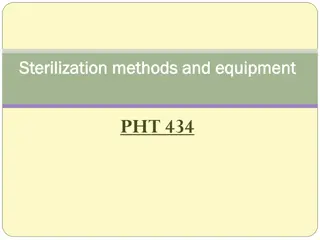Understanding Heat Energy Calculations in Science
Explore concepts related to heat energy calculations in this science lesson, covering topics such as heat of fusion, average kinetic energy, specific heat capacity, and more. Dive into scenarios involving temperature changes, energy transfer, and equilibrium states of substances like water and ice. Enhance your knowledge of fundamental principles in thermal dynamics and applications of formulas for heat calculations.
Download Presentation

Please find below an Image/Link to download the presentation.
The content on the website is provided AS IS for your information and personal use only. It may not be sold, licensed, or shared on other websites without obtaining consent from the author. Download presentation by click this link. If you encounter any issues during the download, it is possible that the publisher has removed the file from their server.
E N D
Presentation Transcript
HEAT ENERGY CALCULATIONS FEBRUARY 24, 2015
SCIENCE STARTER DO THE SCIENCE STARTER TAKE 3 MINUTES YOU ARE SEATED AND SILENT
AIM Can the heat of fusion formula be utilized to calculate the amount of heat required when heating water from 40 C to 60 C?
SCIENCE STARTER REVIEW Two pure water samples held in separate containers at 1 atm must have molecules possessing the same average kinetic energy if the samples have the same a) Volume b) Temperature c) Mass d) Density
2. An iron bar at 325K is placed in a sample of water. The iron bar gains energy from the water if the temperature of the water is a) 65K b) 45K c) 65 C d) 45 C
3. The boiling point of water at standard pressure is a) 0.000K b) 100K c) 273K d) 373K
4. Which sample of water will have the highest vapor pressure? a) 10.0 mL at 62 C b) 20.0 mL at 52 C c) 30.0 mL at 42 C d) 40.0 mL at 32 C
4. A mixture of ice and water is in equilibrium at standard pressure. The temperature of the mixture must be a) 0 C b) 100 C c) 212 C d) 273 C
REVIEW What is heat energy? What is specific heat capacity? What is temperature?
REVIEW When would you use the following formula q=mC T q=mHf q=mHv
What is the amount of heat energy released when 50.0 grams of water is cooled from 20.0 C to 10.0 C (Jan 2014 Regent)?
What is the total amount of heat released when 1.00 gram of H20 (l) is heated from 50. C to 65 C?
A 10.0 grams sample of H2O (l) at 23.0C absorbs 209 joules of heat. What is the final temperature of the H2O (l) sample?
Heat energy q=mC T q = heat energy (J) m = mass of the substance (g) C = specific heat capacity (J/g K) T = change in temperature of the substance
SUMMARY Today we review Heat Specific heat capacity Temperature Heat energy formulae You were also introduced to heat energy calculations
INDEPENDENT WORK LOG ONTO www.coursesites.com Go to Weekly Assignment Go to Week of Feb 23 27 What you need to complete this week Reading and questions Vocabulary Notecard Homework Project AIM PROMPT must complete each day
